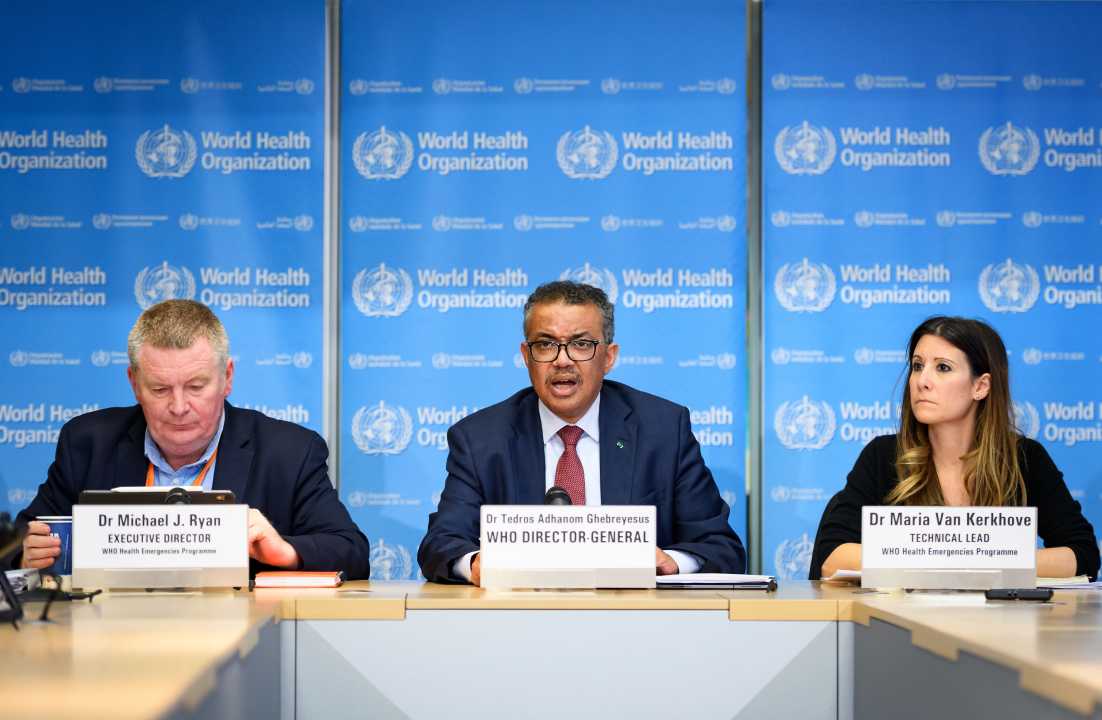Health
WHO Declares Global Monkeypox Emergency

The World Health Organization (WHO) has declared a global health emergency due to the rising cases of monkeypox in Africa. Dr. Tedros Adhanom Ghebreyesus announced this during a press conference, revealing that an emergency committee met to discuss the situation.
According to Dr. Tedros, this is a serious concern for everyone. The emergency declaration is significant, as only the WHO’s chief can make such a call based on expert advice. All 15 members of the expert committee agreed that the criteria for declaring a public health emergency were met.
The current outbreak of monkeypox originated from the Republic of Congo and is characterized by a more contagious and dangerous virus. It involves two strains: clade 1 and the more harmful clade 1b, which has an estimated mortality rate of 3.6%.
Since January 2022, Africa CDC has reported a staggering 38,465 cases and 1,456 deaths across 16 African countries. Alarmingly, there has been a 160% increase in cases in just one year.
Dr. Tedros has emphasized that the WHO will work closely with affected countries in the coming days and weeks to manage the outbreak effectively. He pointed out the complexity of the situation, highlighting that we are dealing with multiple outbreaks with different strains and transmission methods.
Monkeypox is primarily a zoonotic disease, meaning it can be transmitted from animals to humans, but it can also spread through direct contact with an infected person. The clade 1b strain, in particular, causes widespread skin lesions, unlike previous strains that resulted in localized rashes.
Historically, monkeypox was identified in humans in 1970 in present-day Congo and remained confined to Central and West Africa until recently. In 2022, an unprecedented global outbreak occurred, infecting nearly 90,000 people and resulting in several hundred deaths.
Recently, about 90 cases of the dangerous clade 1b were reported in four neighboring countries: Burundi, Kenya, Rwanda, and Uganda—all of which had never reported monkeypox cases before.
This emergency declaration allows the WHO to access crucial funding for urgent interventions and continues to prioritize investments in diagnostics, public health response, treatment, and vaccination strategies.












